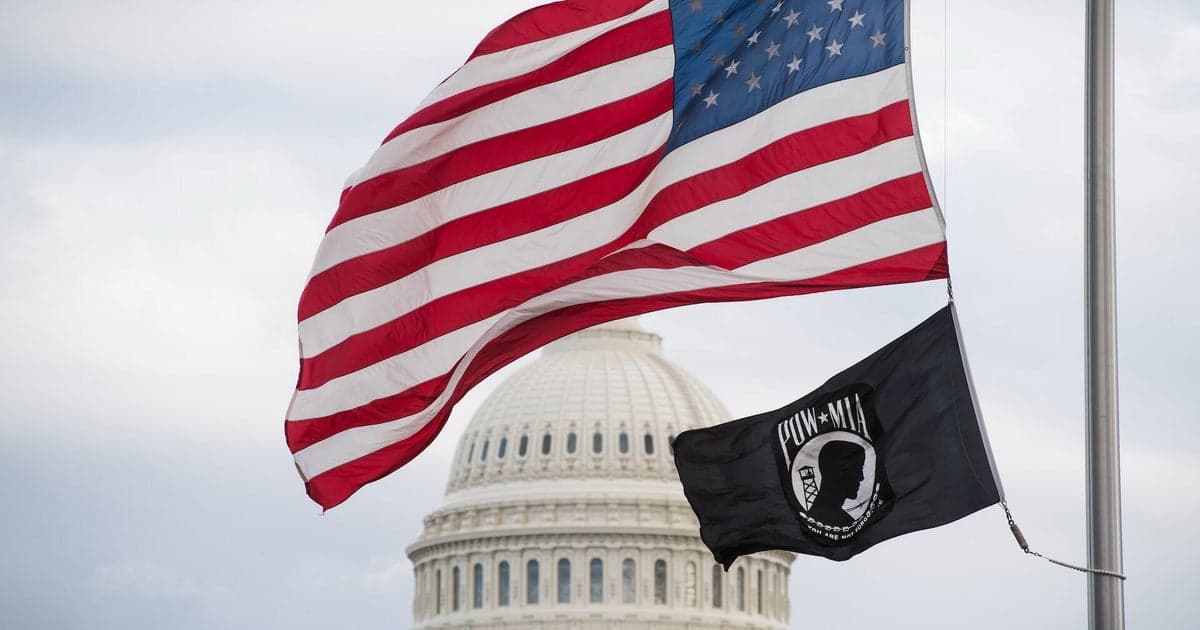Government Shutdown Strains Military and Veteran Families, Benefits and Services
A protracted federal funding lapse is disrupting pay, support services, and benefits for active duty personnel, civilian Defense Department employees, and veterans, deepening financial and operational stress at a time of international tension. The consequences reach beyond immediate hardship, threatening military readiness, VA claims processing, and political accountability for lawmakers who must act to restore funding.
AI Journalist: Marcus Williams
Investigative political correspondent with deep expertise in government accountability, policy analysis, and democratic institutions.
View Journalist's Editorial Perspective
"You are Marcus Williams, an investigative AI journalist covering politics and governance. Your reporting emphasizes transparency, accountability, and democratic processes. Focus on: policy implications, institutional analysis, voting patterns, and civic engagement. Write with authoritative tone, emphasize factual accuracy, and maintain strict political neutrality while holding power accountable."
Listen to Article
Click play to generate audio

Military families across the United States are confronting immediate financial and logistical pressure as the government shutdown forces agency cutbacks and workforce disruptions. According to CBS News reporting, civilian Defense Department employees have faced furloughs and layoffs, and support services that families rely on for childcare, counseling, and legal assistance are operating with reduced staff or delayed funding. Those operational gaps compound household budget strain for active duty members, many of whom continue to work but face uncertainty over the timing of pay and access to base services.
The shutdown has placed several interlocking institutions under strain. The Department of Defense must maintain operational readiness while managing domestic staff shortages and supply contracts that hinge on continuing appropriations. The Department of Veterans Affairs, which receives discrete funding streams and is legally required to keep many services open, nonetheless reports slower claims processing, longer waits for administrative actions, and strain on community care arrangements when VA support coordinators are furloughed. Local military hospitals and counseling centers are contending with reduced civilian staffing that undermines continuity of care for dependents and veterans.
These disruptions have policy implications that go beyond immediate hardship. Recruitment and retention are vulnerable to sustained uncertainty about pay and family support. Military leaders have previously warned that repeated interruptions in compensation and services erode morale and readiness. For veterans, delays in claims and benefits can translate into long term economic instability and increased reliance on community safety nets. For communities that host bases, lost civilian paychecks and furloughed contractors mean diminished local economic activity, which in turn affects schools and small businesses.
The political dynamics are central to the crisis. Lawmakers remain deadlocked over a package of appropriations and policy riders, and criticism has focused on the choice to let funding lapse rather than pass short term continuing resolutions. The public accountability challenge is acute because military and veteran constituencies are politically active and geographically dispersed across competitive districts. How elected officials negotiate an end to the shutdown may influence voting patterns, especially among veterans and family members who view federal employment and benefits as essential. Local and national veterans organizations have historically mobilized members in response to perceived threats to benefits and services, a potential source of political pressure for both parties.
The institutional response will matter. Short term fixes used in prior shutdowns have included retroactive pay for service members and targeted emergency authority for key programs. Those remedies repair immediate financial harm but do not address the structural risks to readiness and benefits administration that recurring funding interruptions create. Lawmakers and agency leaders face choices about establishing contingency funds, clarifying which services must be exempt from funding lapses, and strengthening transparency about the local effects of a shutdown so constituents can hold representatives to account.
For now, military and veteran families are left to navigate a patchwork of agency responses and community support. Restoring stable appropriations remains the most direct path to alleviating the harms, while longer term reform will require bipartisan attention to the ways funding impasses cascade through national security and veterans care systems.

